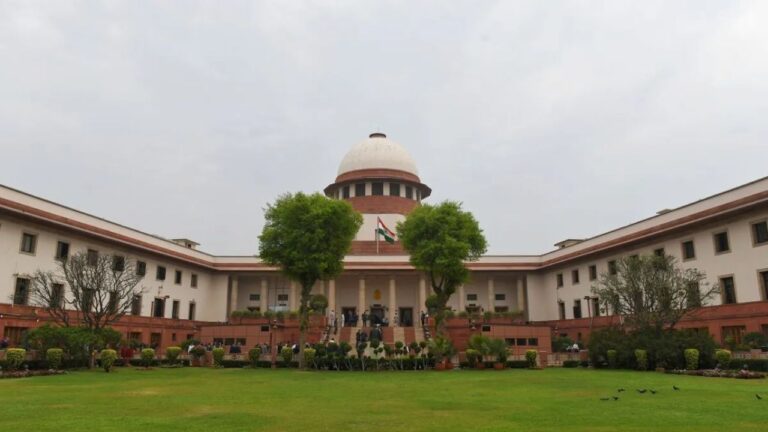
Rescuers in southern Brazil are working tirelessly to evacuate stranded individuals as devastating floods wreak havoc across the state of Rio Grande do Sul. With the death toll soaring to at least 90 and thousands left homeless, the situation remains dire. Survivors are facing shortages of food and basic supplies, with many forced to flee on foot, carrying whatever belongings they can salvage.
Challenges in Rescue Operations
Despite efforts to aid those affected, rescue operations are being impeded by the extensive flooding. Dozens remain stranded, awaiting evacuation by boat or helicopter from inundated homes. In Eldorado do Sul, families are sleeping on roadsides, unsure of the whereabouts of their loved ones. The Civil Defense agency reports 131 people still unaccounted for, adding to the anguish of the already distressed communities.
Complex Weather Patterns Blamed
Climate experts attribute the catastrophic rainfall to a convergence of factors, including the El Niño phenomenon, a weakened Antarctic cold front, and unusual warmth in the Atlantic Ocean. These elements, exacerbated by global warming, have intensified the impact of the floods, making weather patterns increasingly unpredictable.
City in Crisis: Porto Alegre Struggles
The city of Porto Alegre, home to 1.3 million people, is reeling from the deluge. Downtown streets are submerged, supermarkets are depleted, and gas stations are shuttered. With water and electricity services disrupted, residents face hardships compounded by fuel shortages and rationed water supplies. The airport remains closed, exacerbating logistical challenges.
Economic Ramifications
The economic toll of the floods is becoming apparent, with disruptions to critical infrastructure and agricultural activities. Grains fields are submerged, livestock losses are mounting, and vital transport routes are impassable. Despite efforts to keep the Rio Grande port operational, access roads remain blocked, impacting grain exports and supply chains.
Government Response and Economic Outlook
President Luiz Inacio Lula da Silva has pledged federal assistance to the affected regions, acknowledging the severity of the crisis. Economists anticipate a modest dent in Brazil’s GDP growth and a marginal increase in inflation, particularly affecting rice prices. Measures such as importing rice are being considered to stabilize the market and mitigate the economic fallout.
As Brazil grapples with one of its worst climate disasters in history, the resilience of its people and the coordinated efforts of authorities and aid organizations offer a glimmer of hope amidst the devastation. However, the road to recovery will be long and arduous, requiring sustained support and solidarity from both domestic and international partners.






